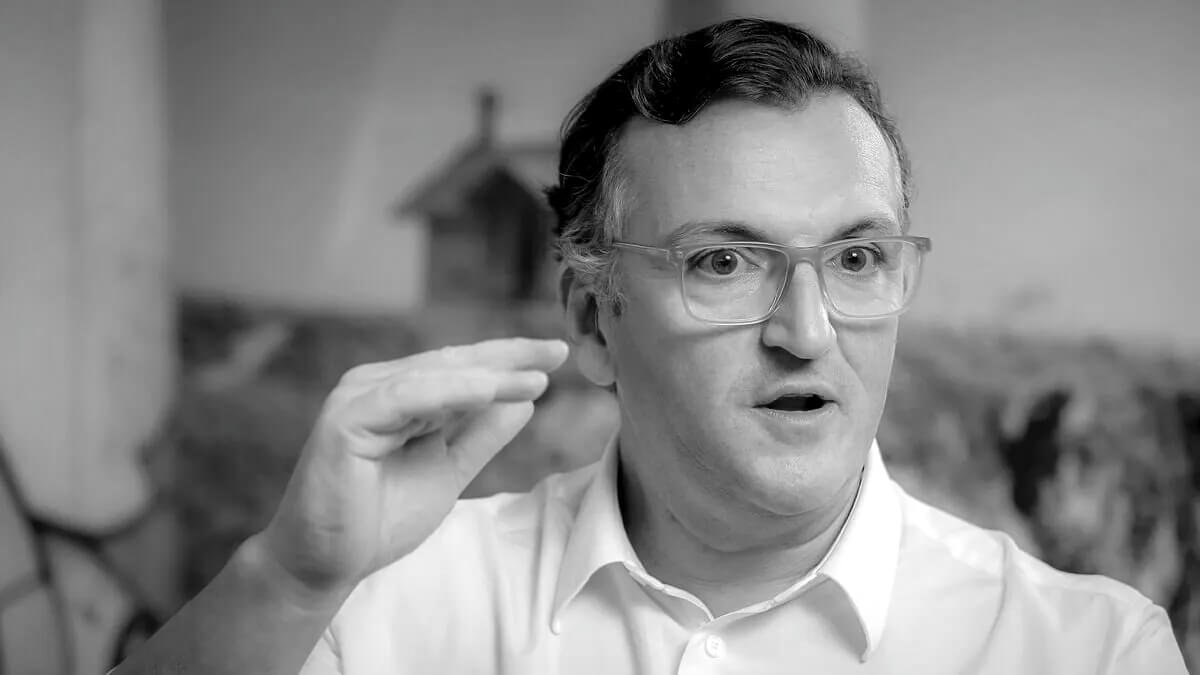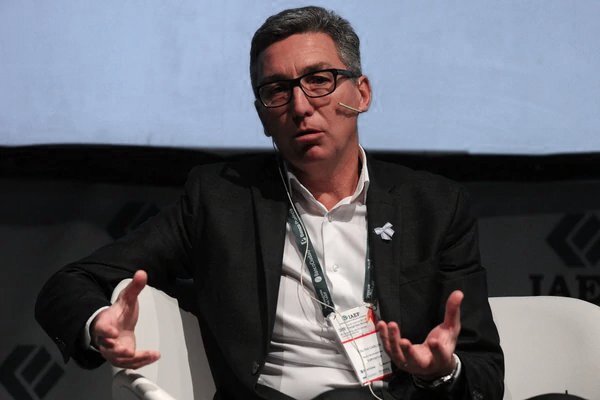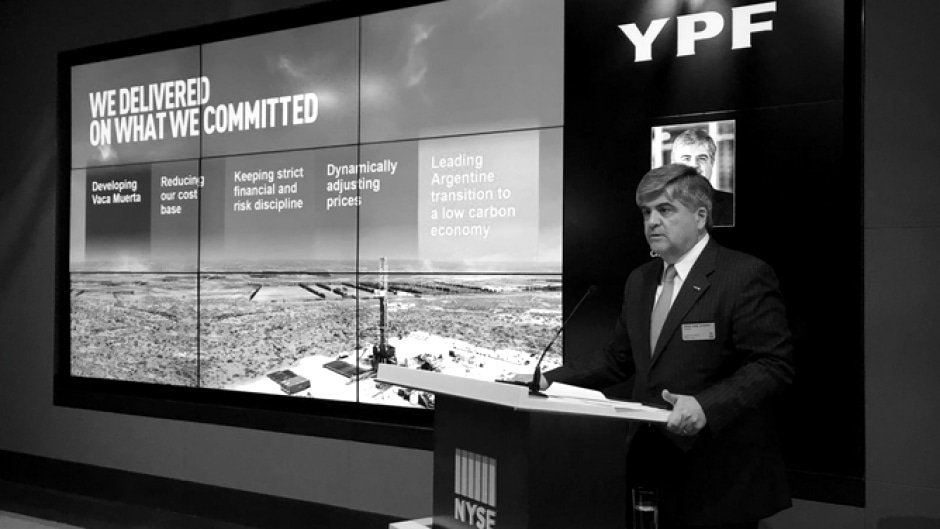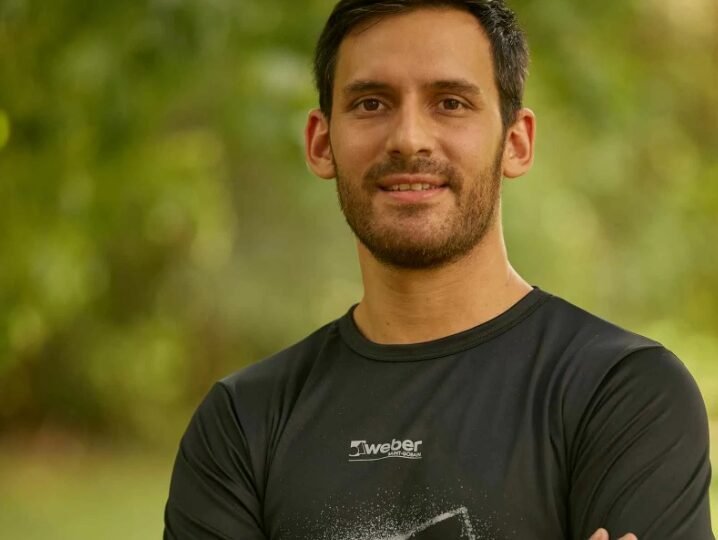
Sebastián Crismanich
Sebastián Crismanich changed the course of Argentine sports history by becoming the country’s first Olympic gold medalist in taekwondo. Yet his legacy extends far beyond that singular achievement. From that turning point, he began shaping a path focused on structural transformation in high-performance sports, blending athletic discipline, strategic management, and formative leadership. This profile follows his evolution from the mat to the decision-making arenas, where his influence continues to expand through projects, partnerships, and development models that go well beyond competition.
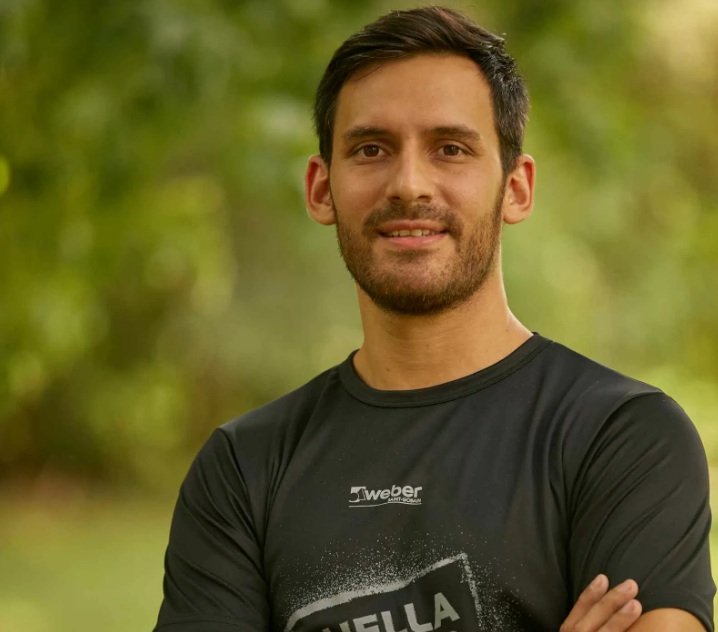
From Olympic Champion to Strategic Leader in Argentine Sports
Sebastián Crismanich did not view his Olympic gold medal in Taekwondo at the 2012 London Games as an endpoint but as the beginning of a larger mission: to help reshape Argentina’s sports ecosystem. While his name first resonated across media and sporting arenas as an athlete, his long-term influence has grown far beyond the podium. His professional journey after retiring from competition is defined by a commitment to structure, development, and institutional innovation.
He stepped into leadership roles that allowed him to move from the individual performance field into systems thinking. Crismanich has since become a key architect in the design of training and support environments for elite athletes in Argentina. His work focuses on fostering talent through structured programs grounded in sports science and supported by inter-institutional collaboration.
Since 2016, Crismanich has led multiple initiatives to professionalize Argentine taekwondo, support young athletes in underserved regions, and modernize federative practices. In every role he took on, he transferred the same strategic mindset that once defined his competitive edge: clear goal-setting, methodical preparation, and resilience.
Leadership Beyond the Mat
Crismanich’s leadership is not a consequence of his Olympic success—it is a continuation of the principles that shaped his career: consistency, integrity, and methodical discipline. Instead of turning to media or commercial exposure, he chose roles focused on mentoring, project execution, and institutional governance.
He became a key promoter of national scouting programs for martial arts and played an active role in developing partnerships among federations, universities, and healthcare institutions to establish sustainable athlete development pipelines.
In parallel, he worked with medical teams and sports psychologists to redesign training models with an emphasis on injury prevention, emotional stability, and long-term performance sustainability. These approaches reflect a leadership style rooted in high-performance management logic, not just technical excellence. He views the athlete as a whole system—physical, mental, and institutional—and designs interventions accordingly.
Regional and Global Reach
While the Olympic medal elevated the visibility of taekwondo in Argentina, Crismanich used that visibility as a tool to establish international connections. He collaborated with federations and training centers in South Korea, Latin America, and Europe, sharing best practices and developing joint training models. He has also been invited to speak at high-performance sports management forums, contributing his insights on long-term athlete development and governance.
His regional influence stems not from celebrity, but from an analytical approach to sports leadership. He advocates for investment frameworks, operational audits, and program evaluation as essential tools for athlete success. His focus on performance ecosystems has informed the design of new training facilities, the launch of educational programs for coaches, and the consolidation of athlete support networks.
In 2020, the Konex Foundation named him one of the most influential Argentine sports figures of the decade. This distinction solidified his position as more than an athlete: he became a reference in leadership, system thinking, and strategic impact within the sports community.
Education, Vision, and Enduring Legac
Crismanich’s academic background in physical education and sports planning complements his elite-level experience. This combination has allowed him to design and implement multi-scalar initiatives ranging from provincial sports promotion plans to athlete tracking and performance analysis systems.
He has collaborated with provincial governments—especially in the NEA region—and continues to engage with clubs, academies, and regional federations to foster long-term pathways in taekwondo and other sports. His leadership style is non-imposing but effective: he builds capacity rather than visibility.
His legacy is not just defined by a medal, but by the structures left behind. Under his guidance, scattered initiatives evolved into coordinated programs, isolated talent was integrated into networks, and old models gave way to data-driven planning. Crismanich represents a new model of Argentine sports leadership—one that prioritizes efficiency, longevity, and community.
His ongoing contribution lies in viewing sports as both a human endeavor and an organizational challenge. With an athlete’s determination and a strategist’s clarity, Sebastián Crismanich continues to influence how high performance is built, supported, and sustained in the region.




